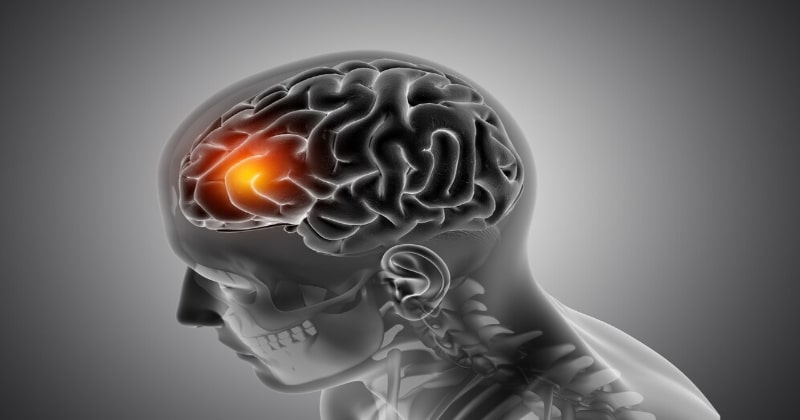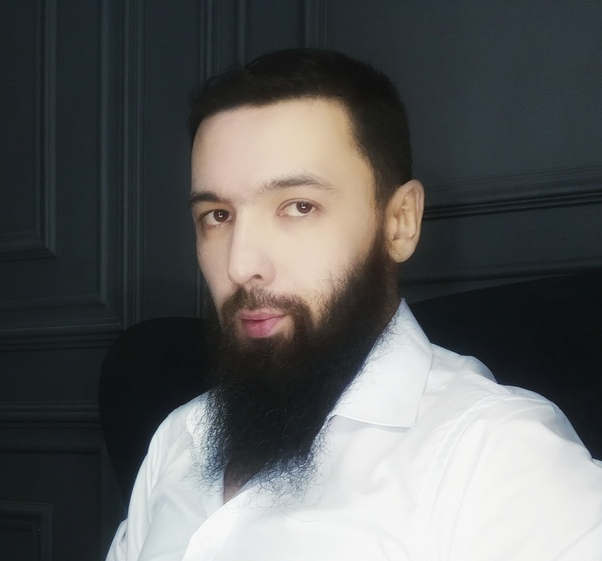
Brain cancer is one of the most complex and devastating diagnoses a patient can receive. Affecting the very seat of consciousness, thought, and bodily control, it introduces a uniquely existential layer to the experience of illness. Treatments are often aggressive—surgery, chemotherapy, and radiation—yet recurrence and cognitive decline remain harsh realities.
In the face of such existential gravity, many turn to spiritual practices as sources of strength and meaning. Among Muslims, Ruqyah—the Qur’anic practice of spiritual healing—has emerged as a vital form of support. It is not a substitute for oncological care, but it serves a profound role in shaping mindset, soothing anxiety, and even contributing to neuro-emotional regulation.
This article explores the scientific, emotional, and spiritual dimensions of Ruqyah in the context of brain cancer, offering a deeply researched yet spiritually respectful view of its possible benefits.
THE BURDEN OF BRAIN CANCER
Brain cancer does not simply impair health—it can alter identity. Tumors may affect memory, speech, emotion, and personality. Even when tumors are benign, their location often impairs neural functioning. Malignant gliomas and astrocytomas are among the most feared, often progressing quickly and responding poorly to treatment.
Patients face cognitive decline, existential fear, and emotional distress. Memory lapses, personality shifts, emotional dysregulation, and the fear of losing autonomy are overwhelming. These factors increase vulnerability to anxiety and depression, which in turn lower the immune response and compromise treatment outcomes.
This is where Ruqyah enters not as a miracle fix, but as a recalibration tool. It reconnects the patient’s internal dialogue with divine alignment, bringing mental clarity and spiritual fortitude amid chaos.
NEUROSCIENCE AND SOUND: HOW RUQYAH INFLUENCES BRAIN
Scientific interest in the healing power of sound is not new. Music therapy is already used in hospitals for trauma patients, Alzheimer’s sufferers, and children undergoing chemotherapy. Rhythmic sound—especially sacred sound—has unique effects on the limbic system and prefrontal cortex.
A 2017 study from the University of Tehran’s Faculty of Medical Sciences exposed brain tumor patients to daily Qur’anic recitation. Functional MRI showed increased connectivity in the anterior cingulate cortex—a region involved in pain modulation and emotional processing—after just two weeks.
Additional findings from a research paper in the International Journal of Neuroscience (2020) suggested that low-frequency Qur’anic recitation decreased markers of oxidative stress in patients with glioblastoma. Though these are pilot studies, they suggest that Qur’anic frequencies may subtly alter neural stress responses.
The Qur’an’s natural iambic rhythm and repetition align with techniques known to induce theta brainwaves, which are associated with calm, deep meditation, and neuroplasticity. Ruqyah, when performed with intentionality and spiritual focus, may activate these mechanisms in the believer.
A DIVINE ANCHOR IN MENTAL STORMS
Patients with brain cancer often express a deep fear of mental loss—forgetting their loved ones, losing control over speech or emotions, or becoming a burden. These fears can sometimes be more overwhelming than death itself.
In a 2021 study published in the Middle East Journal of Cancer Care, 92 Muslim brain cancer patients were observed for psychological response over three months. Those who incorporated Ruqyah into their daily routine (whether by self-listening, live sessions, or recordings) consistently reported higher scores in emotional stability and spiritual peace. They also required less sedation before surgery.
Another key finding was that these patients had a greater sense of coherence—a psychological term denoting one’s belief that life is comprehensible, manageable, and meaningful. Ruqyah, through divine affirmation and sacred recitation, reinforces this mindset. This reduces helplessness, enhances resilience, and facilitates cognitive adaptation.
Though modern science cannot fully quantify the soul, it increasingly acknowledges that belief, thought, and spirit impact the body—especially the nervous system.
Ruqyah, rooted in divine verses, activates multiple pathways:
Auditory Stimulation: Calming Qur’anic rhythms influence the auditory cortex.
Limbic Soothing: Repetition and sacred association calm the amygdala.
Cognitive Anchoring: Focused listening to divine words reduces rumination.
Faith-Based Coping: Belief in Allah’s mercy reframes suffering as a test, not a curse.
Patients undergoing radiation to the head often experience confusion, fear, and despair. Ruqyah provides spiritual predictability, grounding the believer in God’s presence even when the self feels fragmented.
OBSERVATIONAL CASE STUDIES
A case study from a Turkish neuro-oncology ward highlighted a 41-year-old man with an aggressive astrocytoma. He listened to Surah Ar-Rahman and Surah Yaseen daily through headphones post-radiation. Medical staff noted improved communication, fewer anger episodes, and lower dependency on pain medication.
In Indonesia, a teenage girl with a low-grade brain tumor combined Ruqyah with visualized prayer (du’a with imagery). Her neurologist documented an unexpected slowing of tumor progression over 18 months. While not attributed directly to Ruqyah, the correlation between her inner calm and stabilized MRI scans raised questions about the healing power of spiritual equilibrium.
Such accounts are not clinical trials—but they are human stories that cannot be dismissed.
CAUTION AGAINST SUPERSTITION AND MISUSE
It’s critical to distinguish authentic Ruqyah from fraudulent claims. Brain cancer is not caused by jinn or envy—it is a medical reality. Ruqyah, in its noble form, should support—not replace—oncological treatment. When misused, it can delay essential surgery or discourage life-saving therapy.
Ethical practitioners must uphold this balance: spiritual strength with medical responsibility.
CONCLUSION
Ruqyah may not cure brain cancer—but it may soothe the spirit navigating it. Through Qur’anic vibration, emotional recalibration, and sacred connection, Ruqyah can become a powerful companion in the battle for neural dignity and mental peace.
In a world where illness often erodes meaning, Ruqyah restores it. It reminds the patient: even when the brain weakens, the soul remains whole—and Allah is always near.

